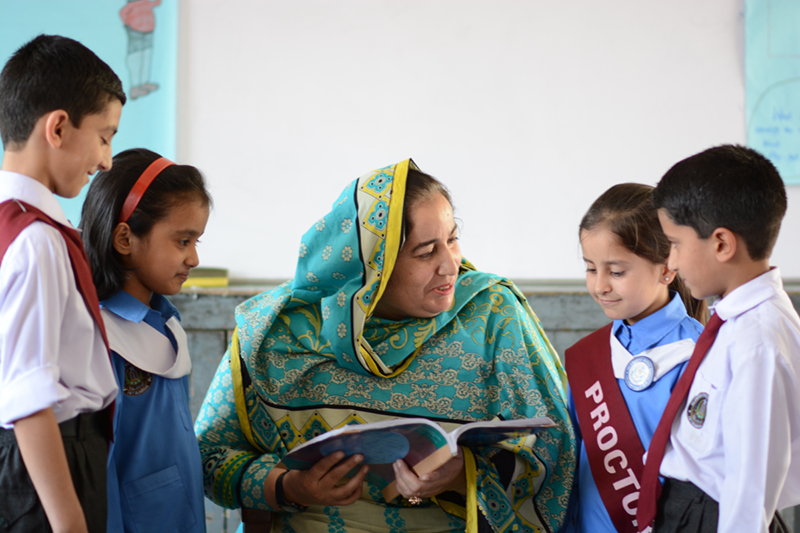READ Act signed into law, a win for global education
By Evelyn RupertSeptember 20, 2017
Creative Associates International celebrates the renewal of the Reinforcing Education Accountability in Development (READ) Act, which will strengthen U.S. efforts to ensure that children around the world have access to an education.
The READ Act passed Congress and was signed by President Donald Trump on Sept. 8. The law aims to reduce the number of children and adolescents who are not in school worldwide and improve the quality of learning for all.
Creative Vice President for External Relations Jessica Kruvant said that the passage of the law is a step in the right direction toward reaching universal basic education.
“The READ Act is a major milestone in achieving education for all children, regardless of where they live,” Kruvant said. “This law mandates high quality education for kids in the poorest and most violent communities around the world. It is an example of the best of America’s values.”

The Basic Education Coalition, of which Creative is a member, has worked with members of Congress for more than a decade to build on U.S. efforts to ensure equal access to quality education for children around the globe. The bipartisan bill was sponsored by Reps. Nita Lowey and Dave Reichert and Sens. Marco Rubio and Dick Durbin.
Some 263 million children and youth around the world are not in school, according to the Basic Education Coalition, with one-third living in areas of conflict. Access to education and the support system that schools provide are key in reducing violence and conflict and ensuring youth have economic opportunities in the future.
The READ Act aims to get more children and youth back in the classroom and strengthen education systems around the world by developing a comprehensive U.S. strategy that addresses obstacles to education, including providing education in conflict. This effort will be overseen by a newly created Senior Coordinator position within the U.S. Agency for International Development.
The law also calls for increased coordination with countries, donors, civil society groups and international organizations to leverage U.S. aid and build sustainability and local ownership of education development. In addition, U.S. assistance programs will become more transparent and accountable, with a yearly progress report submitted to Congress and the public.

